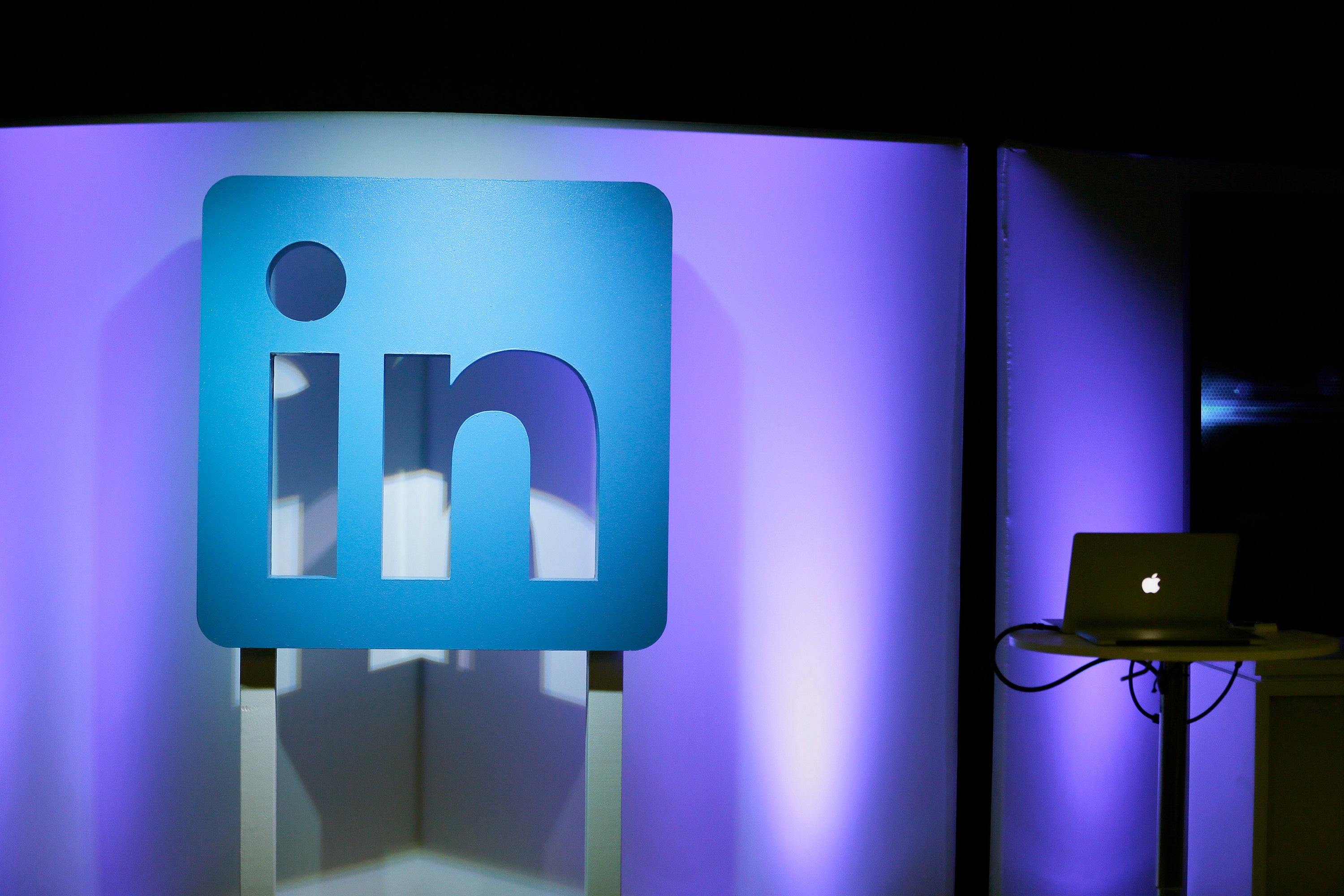The Independent's journalism is supported by our readers. When you purchase through links on our site, we may earn commission.
Microsoft shuts down LinkedIn in China due to worsening state crackdowns
The last major American social network still operating in the Communist state said it would close later this year amid increasing hostility from Chinese regulators

Microsoft will shut down its Chinese version of LinkedIn later this year due to worsening government crackdowns on internet services.
The professional-focused social network blamed “a significantly more challenging operating environment and greater compliance requirements” in China, which has continued to tighten its censorship of social media.
It comes after reports that China’s internet regulator had given LinkedIn a 30 day warning to regulate its content more strictly or face action.
LinkedIn was the last major US social network still operating in China, which banned Twitter and Facebook in 2009.
Mohak Shroff, LinkedIn’s head of engineering, said the company had originally considered submitting to China’s internet rules worth the trouble when it first expanded there in 2014.
But in a blog post on Thursday, he said: “While we’ve found success in helping Chinese members find jobs and economic opportunity, we have not found that same level of success in the more social aspects of sharing and staying informed.
“We’re also facing a significantly more challenging operating environment and greater compliance requirements in China.
“Given this, we’ve made the decision to sunset the current localised version of LinkedIn, which is how people in China access LinkedIn’s global social media platform, later this year.”
He said the social network will be replaced by a new Chinese job finding site that does not allow users to make or share posts.
China’s ruling Communist Party has steadily made it more and more difficult for foreign internet companies to operate there, cutting Silicon Valley off from one of the world’s most lucrative markets.
Having pushed out Google in 2010, it blocked the encrypted messaging app Signal and the audio chatroom service Clubhouse earlier this year.
Meanwhile, regulators have moved to rein in domestic tech giants such as the online marketplace Alibaba and its digital payments spin-off Ant Group, the sprawling social media and gaming conglomerate Tencent, and the taxi hailing service Didi Global.
The crackdowns are estimated to have wiped around $951 billion (£695 billion) off the values of five major Chinese tech firms, according to Reuters.
In May, LinkedIn and Microsoft’s search engine Bing were the only foreign names on a list of 105 apps named by Chinese regulators as engaging in “improper data collection”.
In June, Microsoft was accused by Western users of censoring famous photos of “tank man”, the unknown Chinese citizen who blocked the path of tanks during the 1989 Tiananmen Square massacre, from Bing’s search results. Microsoft blamed "accidental human error".
Last month, LinkedIn also blocked several US journalists in China, saying they had posted “prohibited content”.
Join our commenting forum
Join thought-provoking conversations, follow other Independent readers and see their replies
Comments